Speak Up for Clean Air in Oregon!


The Oregon Department of Environmental Quality (DEQ) is updating the ACT and HDO rules to maintain alignment with California and ensure they stay strong. But big oil and truck manufacturer forces are trying to use this process to gut the rules. This is where you come in. Regulators need to hear from you—Oregonians who require clean air, a stable climate, and a thriving economy built around clean technology.
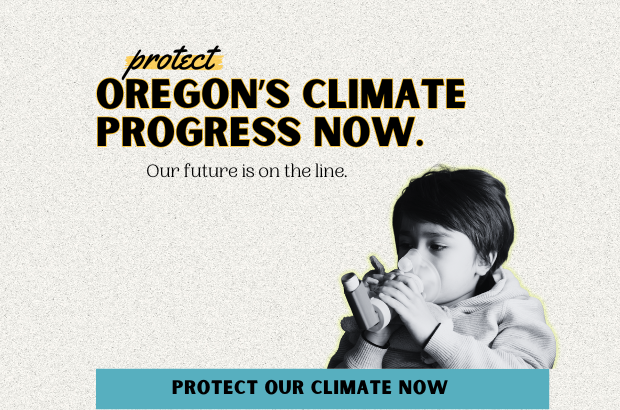
Every two years, Oregon’s top budget writers tour the state to hear from community members about which programs and services should be funded. With all the chaos and uncertainty being unleashed at the federal level, this couldn’t be a more critical moment for you to engage with legislators.

Why???? I’m the mom of very curious little people who ask me “whyyyy” more often than I feel up to answering. These days, many things are even harder than usual to explain.

Hey Oregon, we need your help to support our Community Resilience Hubs!

Because of your efforts, the Northwest is headed in the right direction on climate and clean energy!. But this fall, we've got to be fired up to protect our clean air, our clean transportation, our clean energy jobs, as big-spending fossil fuel allies try to push us backwards.
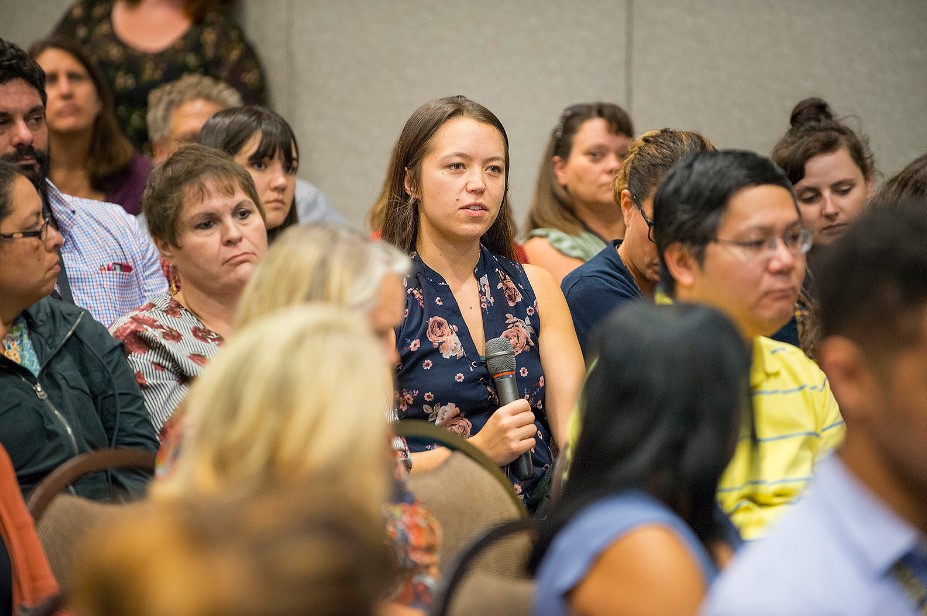
Do you want safer, more environmentally sustainable, financially stable, and well-maintained transportation choices for all Oregonians? Join the Move Oregon Forward transportation campaign briefing next week, on July 9.
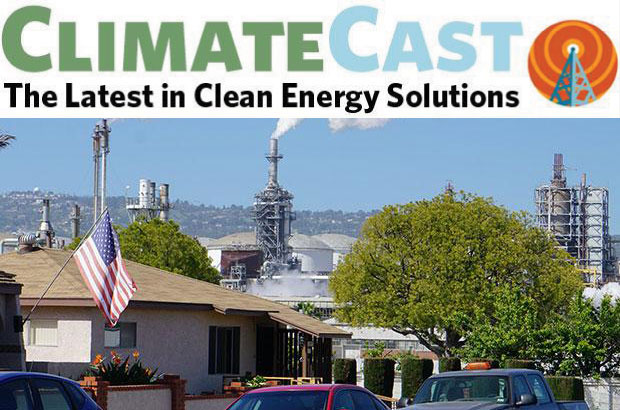
Northwest communities are fortunate to have a number of grassroots, BIPOC-led community organizations making connections between social justice, environmental health, and climate. We focus on one such group this week. Plus: the Biden administration pauses new LNG exports
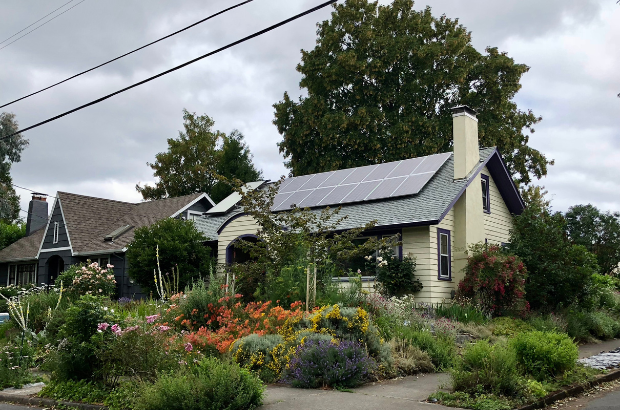
The Oregon legislature kicked off another legislative session this week with a top focus on addressing the state’s housing challenges. Solving Oregon’s housing crisis is about more than just building new housing. It’s about reducing the cost of essential home repairs and energy efficiency so that low-income families can affordably live in the homes they already have.

Washington residents shouldn't be harmed by oil companies' price gouging as we transition to a clean energy economy. Take action now!
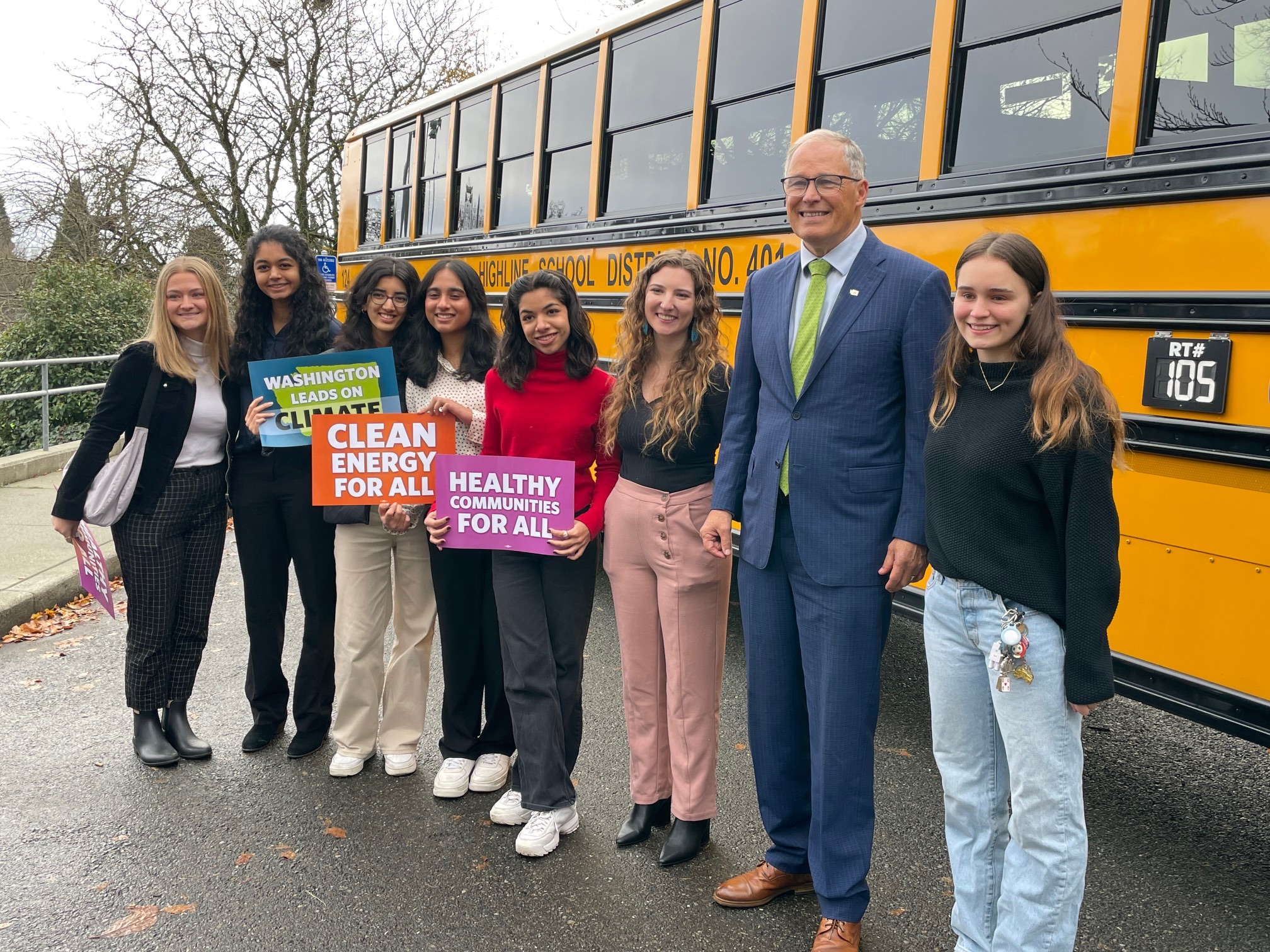
We need a few excited volunteers to speak up during legislative session so that all school kids in WA get a healthy and safe ride to school.
Join our email list to learn about what we do and how to get involved.
Because of your efforts, the Northwest is headed in the right direction on climate and clean energy!. But this fall, we've got to be fired up to protect our clean air, our clean transportation, our clean energy jobs, as big-spending fossil fuel allies try to push us backwards.
Washington residents shouldn't be harmed by oil companies' price gouging as we transition to a clean energy economy. Take action now!